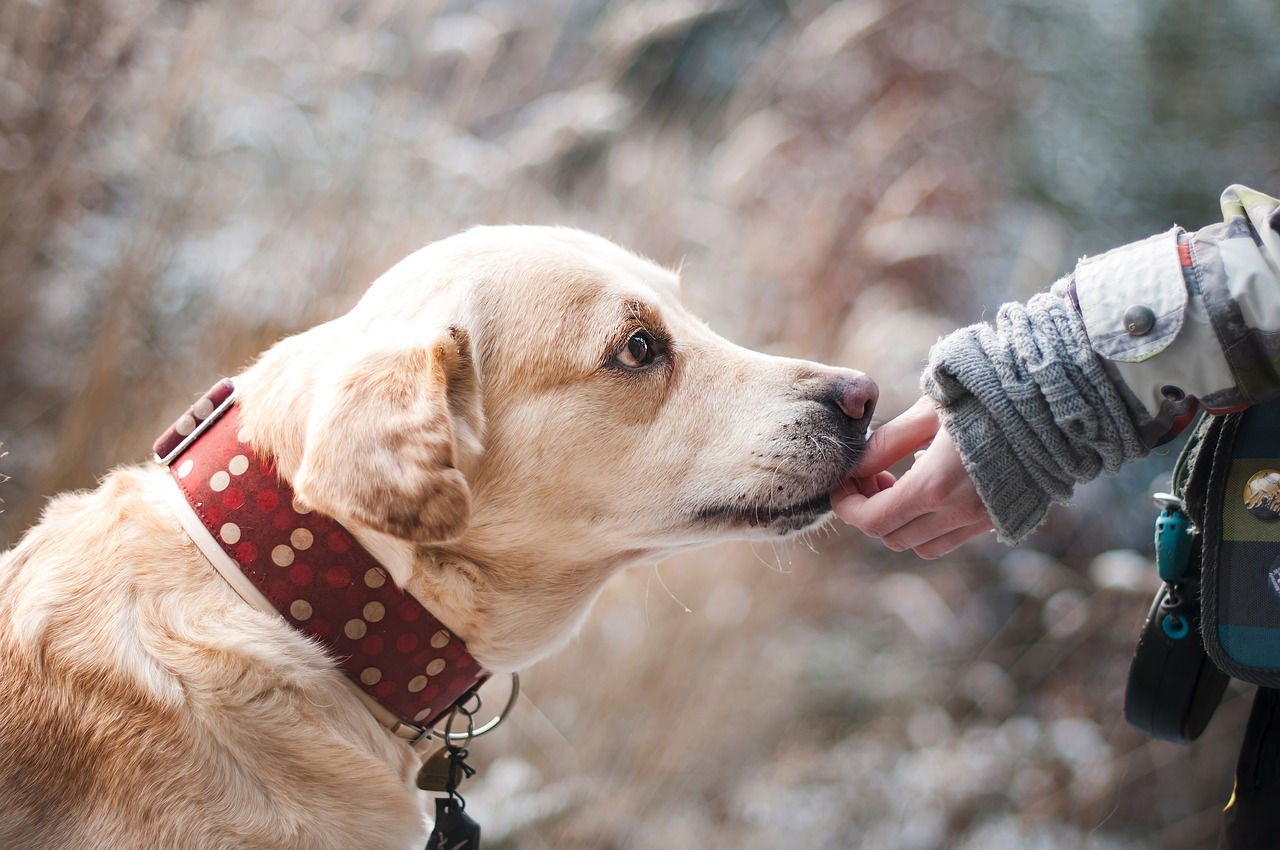Pet care is a fundamental aspect of responsible pet ownership, and maintaining proper nutrition is crucial for the well-being of our furry companions. When traveling with pets, ensuring they receive the right food and care becomes even more paramount. This comprehensive guide explores the intricacies of pet nutrition and feeding while on the go, emphasizing the importance of providing optimal pet care during travels.
Understanding the Basics of Pet Nutrition
Before delving into the nuances of feeding pets during travel, it’s essential to grasp the fundamentals of pet nutrition. A balanced diet tailored to your pet’s specific needs is the foundation of good health. When planning to travel with your pet, consider consulting your veterinarian to ensure you’re meeting their nutritional requirements.
Choosing the Right Pet Food for Travel
Selecting the appropriate pet food for travel is crucial. Opt for high-quality, easily digestible options that come in convenient packaging. Look for pet food that meets your pet’s age, size, and health requirements. Portable and sealed containers help maintain freshness and prevent spillage during transit.
Pet Care Tip 1: When traveling with pets, always pack more food than you anticipate needing to account for any unexpected delays or changes in plans.
Maintaining a Consistent Feeding Schedule
Consistency is key when it comes to pet care, especially during travel. While the journey might disrupt your usual routine, try to stick to your pet’s regular feeding schedule as closely as possible. Familiarity helps alleviate stress and ensures your pet receives the nutrition they need.
Traveling with Pets Keyword Injection: Whether you’re driving or flying, maintaining a consistent feeding schedule is crucial for traveling with pets.
Hydration Matters
Proper hydration is as vital as nutrition, if not more so, when traveling with pets. Ensure your pet has access to clean water throughout the journey. Portable water bowls make it easy to provide hydration on the go. Dehydration can lead to various health issues, so pay close attention to your pet’s water intake, especially in unfamiliar environments.
Pet Care Tip 2: Encourage your pet to drink water regularly, and monitor their hydration levels, especially in warmer climates.
Special Considerations for Different Modes of Travel
The mode of transportation significantly influences how you handle pet nutrition. Here are specific considerations for different travel scenarios:
Road Trips:
If you’re embarking on a road trip, plan pit stops for your pet to stretch their legs and have a proper meal. Pack familiar toys and bedding to create a sense of comfort in the temporary environment.
Traveling by Air:
When flying with pets, adhere to airline regulations regarding pet food and water. Many airlines have specific guidelines on the type of containers and food allowed. Pack a supply of your pet’s food in case of delays or unexpected layovers.
Traveling with Pets Keyword Injection: Planning ahead is crucial when traveling with pets, whether by road or air, to ensure their nutritional needs are met.
Avoiding Common Pitfalls
Certain factors can jeopardize your pet’s nutrition and well-being during travel. Avoid these common pitfalls to ensure a seamless and healthy journey:
Feeding Unfamiliar Foods:
Resist the temptation to feed your pet unfamiliar or table scraps during travel. Sudden dietary changes can lead to digestive upset and discomfort.
Overfeeding:
While it’s essential to pack enough food, be cautious not to overfeed your pet, especially if the level of physical activity during travel is reduced. Obesity can lead to various health issues in the long run.
Traveling with Pets Keyword Injection: Vigilance is key in avoiding common pitfalls when traveling with pets to uphold their nutritional needs.
First Aid for Travel-Related Pet Health Issues
Even with the best planning, unexpected health issues can arise during travel. Be prepared with a basic pet first aid kit, including any necessary medications, a copy of your pet’s medical records, and contact information for local veterinarians along your route.
Pet Care Tip 3: Familiarize yourself with common signs of distress in pets, and seek veterinary attention promptly if your pet exhibits any unusual behavior or symptoms.
Ensuring optimal pet care during travel involves meticulous planning and a commitment to maintaining your pet’s nutritional needs. By understanding the basics of pet nutrition, choosing the right food for travel, and avoiding common pitfalls, you can make the journey enjoyable for both you and your furry friend. Remember, traveling with pets is a shared adventure, and with proper care and attention, it can strengthen the bond between you and your beloved companion. Safe travels!

